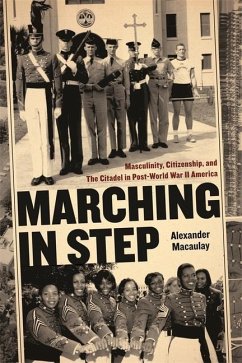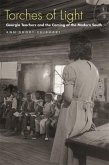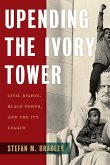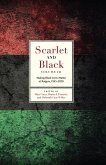Combining the nuanced perspective of an insider with the critical distance of a historian, Alexander Macaulay examines The Citadel's reactions to major shifts in postwar life, from the rise of the counterculture to the demise of the Cold War. The Citadel is widely considered one of the most traditional institutions in America and a bastion of southern conservatism. In Marching in Step Macaulay argues that The Citadel has actually experienced many changes since World War II--changes that often tell us as much about the United States as about the American South. Macaulay explores how The Citadel was often an undiluted showcase for national debates over who deserved full recognition as a citizen--most famously first for black men and later for women. As the boundaries regarding race, gender, and citizenship were drawn and redrawn, Macaulay says, attitudes at The Citadel reflected rather than stood apart from those of mainstream America. In this study of an iconic American institution, Macaulay also raises questions over issues of southern distinctiveness and sheds light on the South's real and imagined relationship with the rest of America.
Bitte wählen Sie Ihr Anliegen aus.
Rechnungen
Retourenschein anfordern
Bestellstatus
Storno




